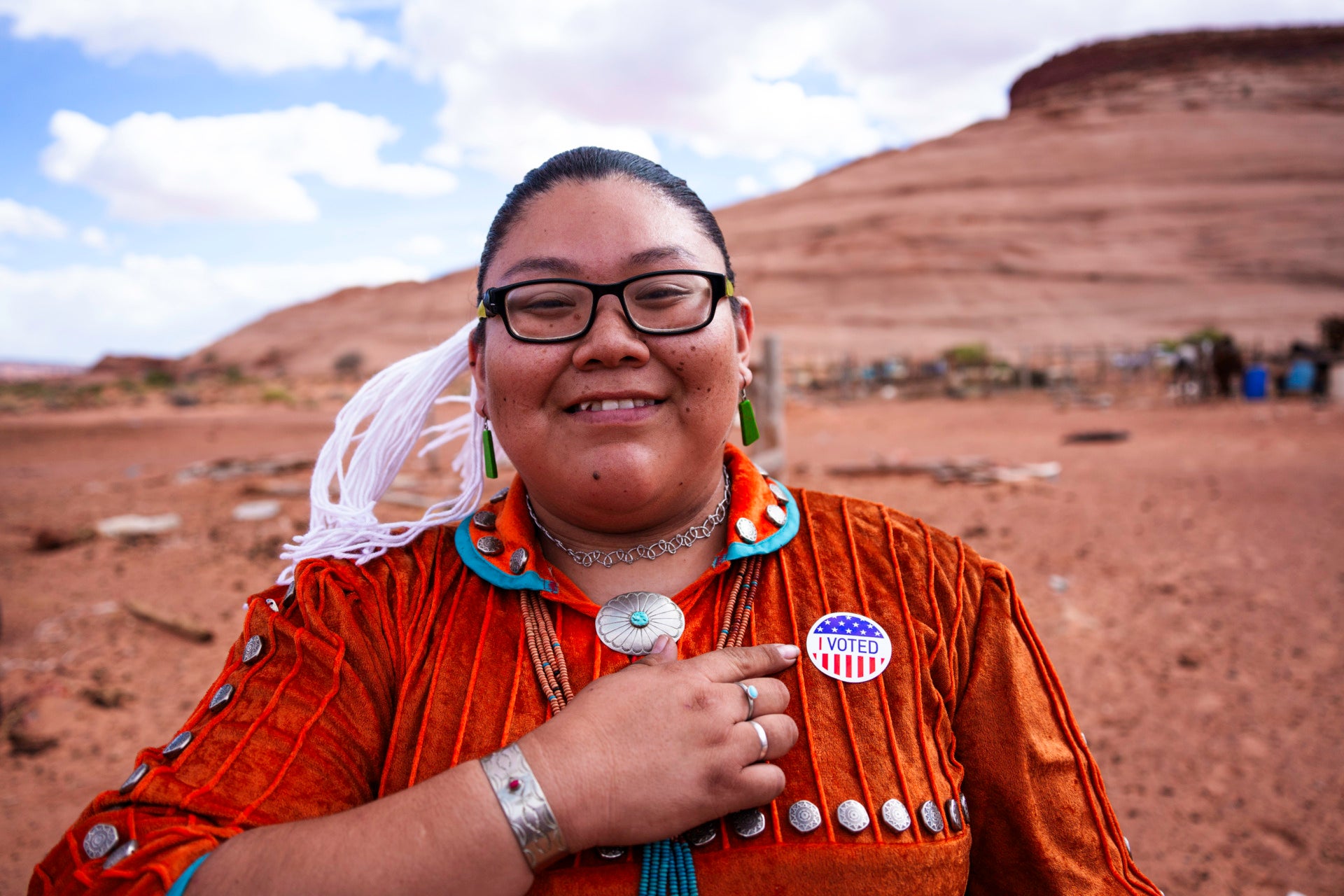
(Photo credit: Rawpixel)
It is well-accepted that the primary reason America will become a nation with increasing ethnic and racial diversity is because of the continued growth in its Latino population. At present Latinos are an estimated 17 percent of the US population and by 2050, depending on variations in immigration and birth rates, are likely to be 25 percent of all people living in the US.
What is much less well-known is that since the decade between 1990 and 2000, the primary cause of Latino population growth has been the birth of US-citizen Latino children, not Latino immigrants coming to the US. Even less well known is that of all Latinos in the United States who are under the age of 18, a full 94 percent are born in the country. What these facts suggest is that it is beneficial to the nation if its leaders in government, education, churches, and community-based organizations develop strategies for younger Latinos to become well-informed, participatory, civically engaged citizens, able to directly contribute to the public life of the United States when they become adults.
During a recent convening of the Aspen Institute Latinos and Society Program, we discussed this very issue and why during an election year, when all eyes are on candidates, campaigns, and political parties, the issue of Latino youth civic education is not only relevant but critically important.
This particular moment in our civic history will invariably impact the way youth see themselves, their communities, and their peers. It is incumbent upon society’s most influential leaders to consider the course of youth civic identity, particularly as it relates to the size and significance of Latinos under the age of 18. They may not vote today, but their identities, perceptions and future behavior will be affected by our politics, and our decisions to invest in their civic future. So, how then do we realize this vision for a well-informed, participatory, civically engaged Latino youth population that will be empowered and prepared to contribute to public life?
I suggest that we categorize Latino youth into three specific groups and develop age-appropriate strategies. The first group is Latinos in grades K-6. Curriculum, programs, and related activities should emphasize a sense of commitment to family, work ethic, and pride in a student’s heritage and culture. Such an emphasis builds self-esteem within youth and instills a sense of being able to contribute directly to their own futures.
The second group is comprised of Latino youth in grades 7 and 8. These middle school years are a critical stage where youth develop a sense of their relationship to individuals and institutions of authority, gender roles, and group identification. Curriculum, programs, and related activities should emphasize how the acceptance of personal responsibility and thinking strategically about what one wants to achieve in one’s life are key to understanding their own power and the respect they should have for the power of others. Additionally, efforts should be made to help these students begin to better understand their neighborhoods and larger community where they live.
The third group is students in grades 9-12. Here, the focus should be on curriculum, programs, and related activities that focus on how to be an effective advocate on behalf of one’s community and on the critical importance of registration and voting. Understanding how to strategize and work with others to improve one’s community, and seeing the formal process of voting as a critical component of such efforts, can have the effect of promoting active civic engagement over the rest of one’s life. It is estimated that 800,000 Latino youth turn 18 every year. This number of new potential voters represents a missed opportunity if we don’t empower the next generation of citizens to work with their fellow citizens to serve the nation’s interests.
I offer these ideas to intentionally promote the civic engagement of Latino youth for three reasons. One, civic education has largely disappeared from school curricula. It is necessary to bring it back. Additionally, it is time to recognize that civic education can also be provided outside the school in churches and community organizations. Multiple sectors of our social institutions should serve as fountains of information, helping Latino youth see themselves as valuable parts of American society.
Two, if Latino youth are not provided more opportunities to see themselves as having direct responsibility for themselves and their communities, our public discourse will be devoid of the insights they can provide and we risk marginalizing one of the largest segments of our future citizenry. I cannot see how it serves our country to risk alienating one-quarter of the nation’s population.
Finally, any effort to promote the civic engagement of Latino youth will undoubtedly simultaneously serve to promote the civic engagement of all American youth. What better legacy, especially during this election season, can those of us in positions of responsibility leave for the next generation than a citizenry of well informed, participatory, civically engaged fellow Americans who have been given the chance to have high expectations of themselves, their communities, and the governmental, educational, church, and community leaders who serve them? I can think of few gifts that I would be more proud to leave my children and grandchildren than the chance to build a country with their fellow citizens that is stronger, more prosperous, and more inclusive than my generation has been able to do.
Luis Ricardo Fraga is the co-director of the Institute for Latino Studies, Notre Dame professor of transformative Latino leadership, and Joseph and Elizabeth Robbie professor of political science, University of Notre Dame.

